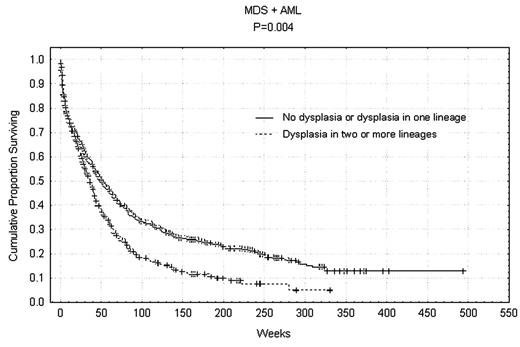Abstract
Autoreactive T cells have been implicated as central players in many autoimmune diseases. Current therapy for autoimmune diseases involves chronic immunosuppression, which increases the risk of infection and cancer, and is associated with other side effects. Recently, high-dose chemotherapy combined with stem cell transplantation has been used, but is often associated with severe toxicities. To avoid the side effects associated with these therapies, we are developing an alternative therapeutic approach in which patients are treated with relatively non-toxic therapy to reduce T cell numbers, and then administered healthy T cells to restore the immune system.
Most autoimmune patients have oligoclonal populations of T cells as measured by T cell receptor (TCR) repertoire analysis. These may represent autoreactive T cells which contribute to TCR repertoire skewing. Clinical studies have shown a positive correlation between post-therapy TCR repertoire normalization and remission of autoimmune diseases. We have developed the Xcellerate™ Technology for the ex vivo activation and expansion of T cells. To expand T cells, peripheral blood mononuclear cells (PBMCs) are cultured with microscopic paramagnetic beads conjugated with anti-CD3 and anti-CD28 mAbs (Xcyte™Dynabeads®). T cells manufactured using this or a similar technology have been administered to patients with cancer and HIV in several clinical trials. In these studies, we and others have shown that the Xcellerate Technology can normalize skewed TCR repertoires in these patient populations.
In the present study, we evaluated the use of the Xcellerate Technology to grow T cells from patients with autoimmune diseases such as rheumatoid arthritis, scleroderma, Crohn’s disease and systemic lupus erythematosus. We collected data on cytokine secretion, activation marker expression, cell expansion and TCR repertoire. T cells expanded an average of 1,325 fold (±1,592; range=16–6,532; n=35 patients), with nearly all cultures displaying marked CD25 and CD154 upregulation, and secretion of high levels of IFNγ and GM-CSF.
Similar to results observed in cancer patients, TCR repertoire analysis showed that the Xcellerate Technology can normalize the skewed repertoires observed in autoimmune patients. Out of 12 PBMCs examined by spectratype analysis, one showed no TCR Vβ skewing prior to expansion, whereas the remaining 11 tissues displayed varying degrees of skewedness. After expansion, repertoire skewedness was decreased for all 11 samples. Repertoire normalization was dependent upon high-levels of TCR/CD28 engagement, which was achieved by initiating cultures using high bead to T cell ratios (Figure 1). Neither type of autoimmune disease, disease severity nor patient treatment (including: steroids, melphalan, infliximab, rapamycin, etc.) at the time of blood collection had an adverse effect on the ability to expand the patients’ T cells.
Based on these results, the Xcellerate Technology may prove useful for generating healthy T cells from patients with autoimmune diseases which could then be used to restore the immune system following lymphoablative therapy. Studies are underway to further evaluate this approach.
Author notes
Corresponding author


